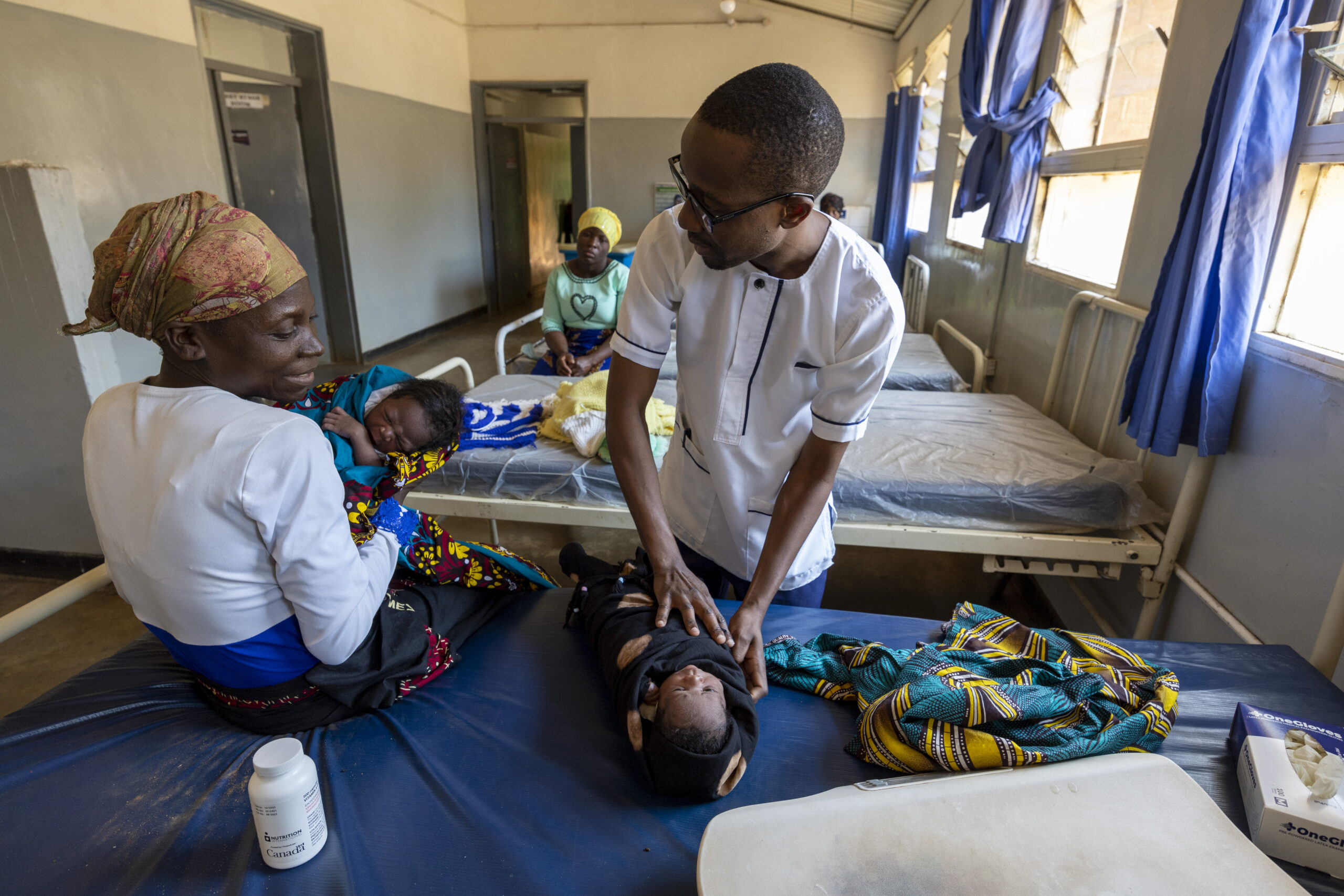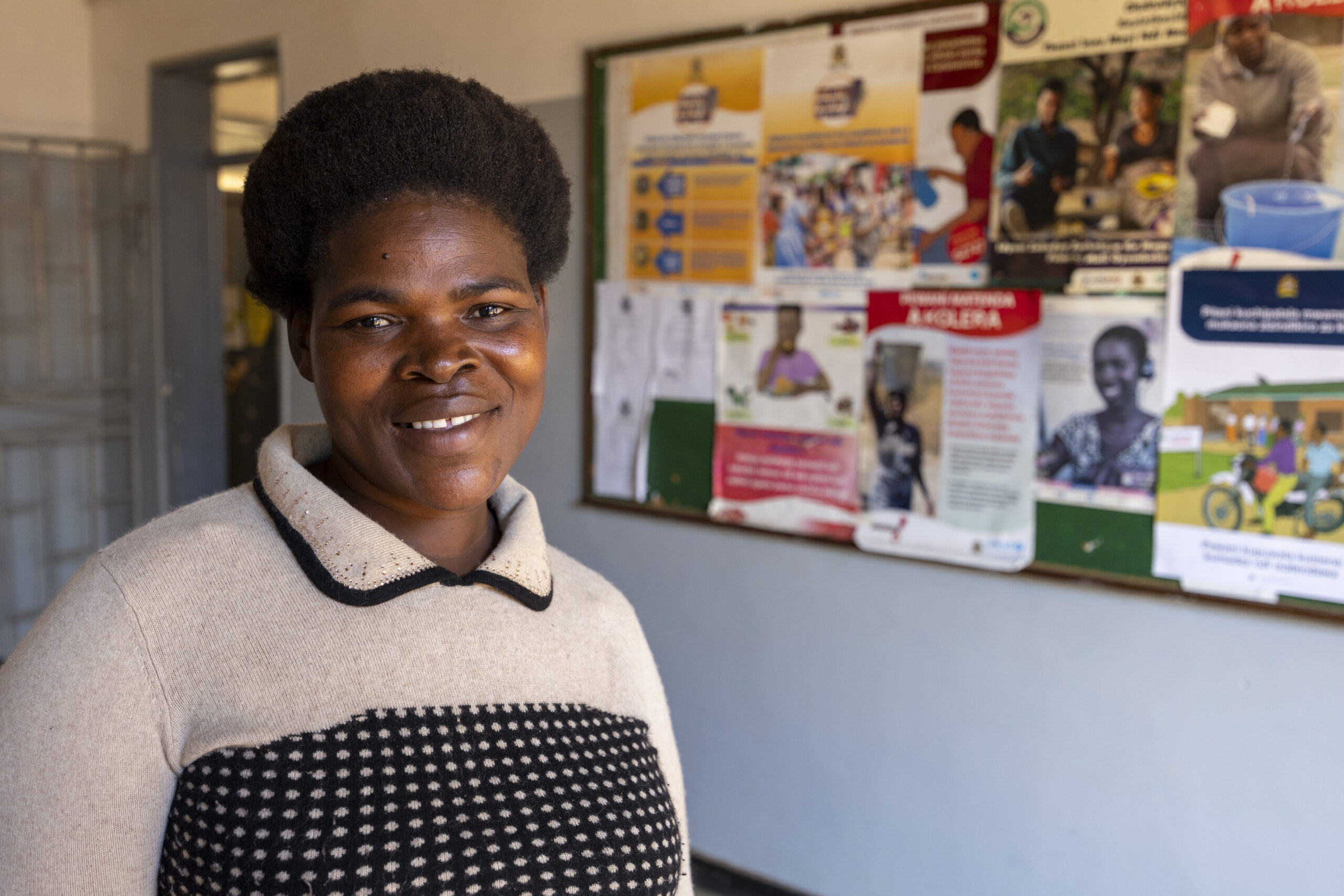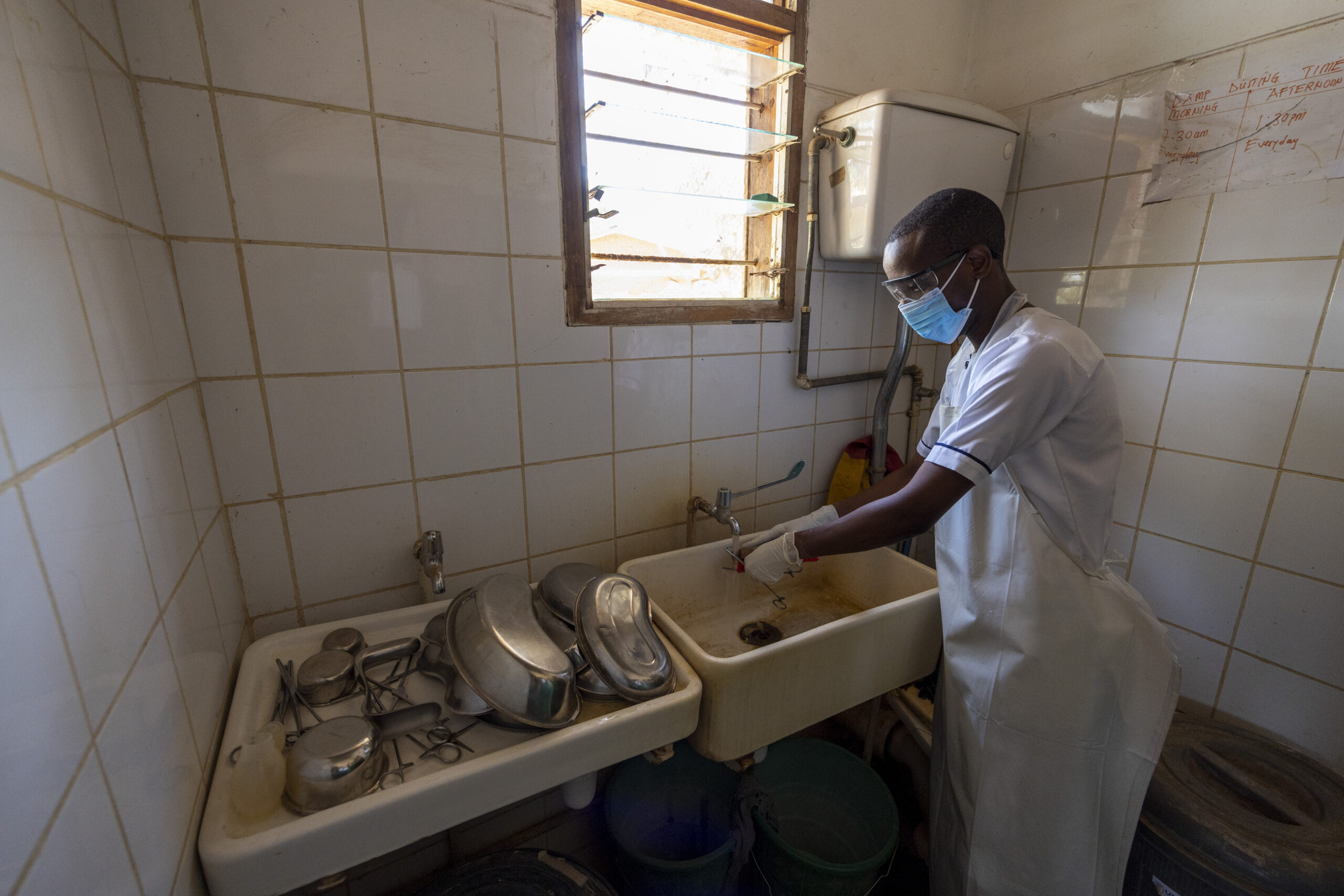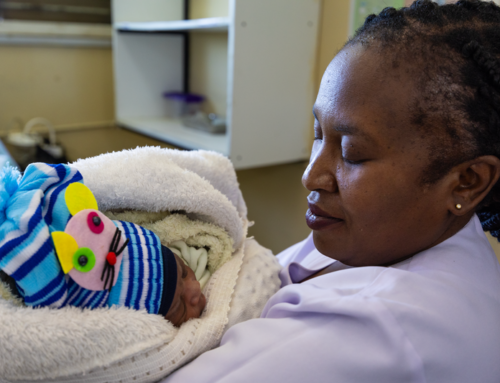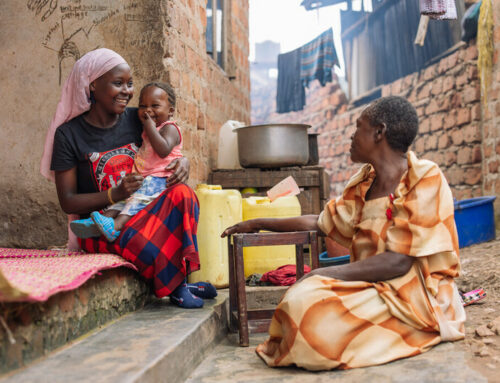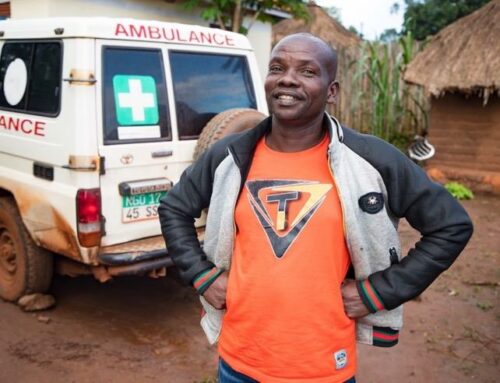Field Updates
Amref Malawi: Changing Health Outcomes through Clean Water Access
Story by Wesley Koskei
Clean water, decent toilets, and good hygiene are fundamental in providing safe healthcare services. But Chikwekwo Health Center in Southern Malawi went without these essentials for a long time. The health center supports over 100,000 people and has an active maternity ward. But without water inside the facility, patients and healthcare workers had to collect water from a school nearby.
This was incredibly inconvenient for the maternity ward, where many women had to wait hours and even days before bathing and cleaning their clothes after delivering their babies. Ethel, a 35-year-old mother of four, recalls when she had her second child in 2016 and had to wait nearly 5 hours to get clean water. “The available water source in the school next to the health center was so crowded because the community, people in the market, the school, and the health center all shared it,” she says.
That was a very low point in her life as a mother; even worse, there was little she could do. “I could not use anything I had, including my clothes, linen, because they were dirty and soiled. I had to carry the smell back home. My home is far away, so imagine going back home like that, with the foul smell. It felt awful because, as a woman who had given birth, people could [smell] the foul smell, and I felt ashamed,” Ethel says. The delivery of a baby, an often joyous occasion, became embarrassing for the mother of four.
“It was not good for a mother to stay for that long without cleaning herself and her clothes,” says Noel, a midwife in charge of the maternity ward at the health center. “The delivery room was in a bad state; a mother coming to deliver would not get water to wash their hands, let alone clean themselves. The women would come and deliver, and when it’s time for her to bathe, she had no one to help her,” he says.
For healthcare workers like Noel, the experience was challenging since the lack of water and proper sanitation negatively affected their service delivery. “It was not easy, you see. We need running water here at the maternity ward, especially for infection prevention and to clean our equipment and rooms,” Noel says.
Things were different in 2021 when Ethel returned to Chikwewo to deliver her third child. “After delivery, I was [able] to bathe, which was such a good feeling. I cleaned my clothes, and I could clean my hands whenever I wanted to breastfeed my child,” she says.
Another woman, Fynesa (39), just delivered twins: a boy and a girl. Her experience at the maternity ward has been great, thanks to the running water access. “I was happy that I could take a bath, be clean, breastfeed my children, and my relative could have water to wash my clothes,” she says.
Photos of Noel, a Midwife in the Chikwekwo Health Center, Ethel a former patient in the maternity ward, and Fynesa with her newborn twins / Photo Credit: David Brazier
Amref’s Deliver Life project provided a connected water system for the health center, including building a borehole, creating a piping system, and installing solar power devices to help maintain a continuous water flow. The project also built pit latrines for health workers and patients and an incinerator to properly dispose of biodegradable waste.
Now, mothers can focus on what’s important: giving their newborns the strongest start in life!
Equipping healthcare centers in rural areas with water and sanitation facilities is essential for vulnerable groups, including pregnant mothers, newborns, and children, protecting them from various life-threatening conditions.
When a health care center has clean water, decent toilets, and handwashing facilities:
- Mothers can have safe deliveries
- Maternity wards can be kept clean and disease-free
- Healthcare workers can regularly clean their hands while attending to patients
- Medical equipment used can be cleaned and maintained, and
- Patients can have a hygienic place to use the bathroom.
Everyone deserves access to a safe and sanitized health facility.
